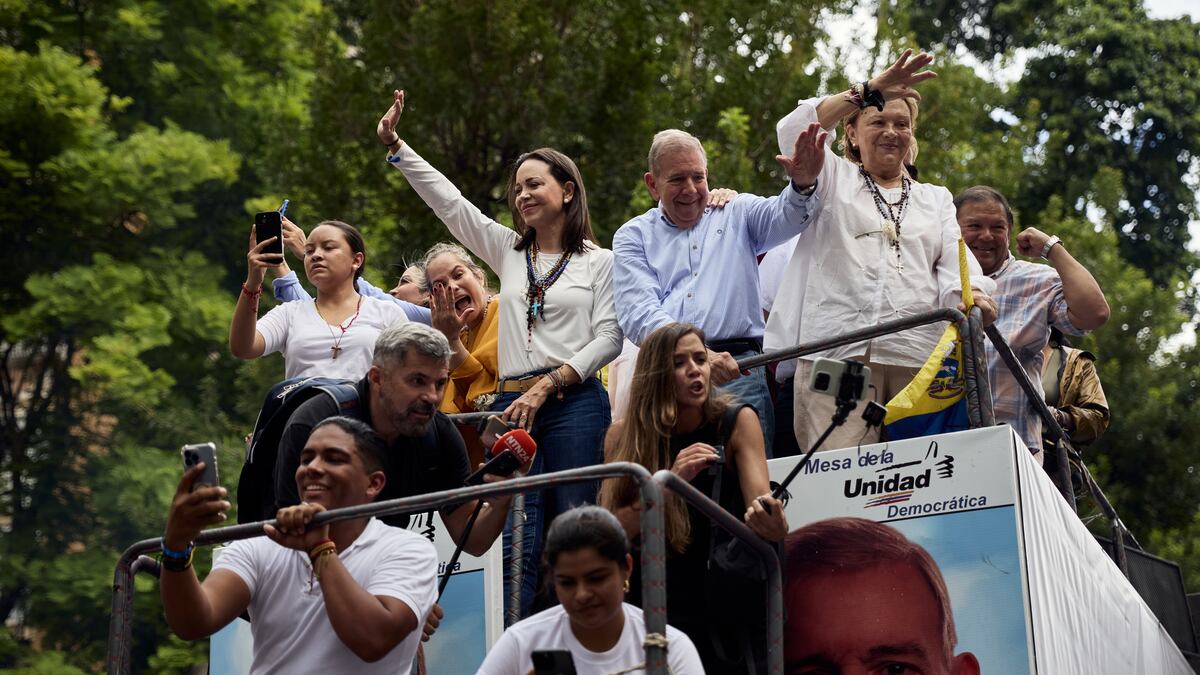‘Putting a woman at the head of the UN is key to rebuilding a functioning global order’ – Technologist
The late US Supreme Court justice Ruth Bader Ginsburg once said that “Women belong in all places where decisions are being made. It shouldn’t be that women are the exception.”
Since Sirimavo Bandaranaike became Prime Minister of Sri Lanka (then Ceylon) in 1960, countless other women have followed in her footsteps as heads of state and of government, from Indira Gandhi in India through Margaret Thatcher in the United Kingdom to Ellen Johnson Sirleaf in Liberia and Claudia Sheinbaum in Mexico.
Yet still, the United Nations has never had a female secretary-general in its almost 80 years of history. This, even though women and girls are hit harder than men by poverty, conflict and climate change, and the fight for gender equality is moving backwards in so many parts of the world, from reproductive rights to attacks on education and equal opportunities in the workplace.
In 2016, there was a concerted effort to elect a woman to run the United Nations. A number of great female candidates were put forward, including Irina Bokova, Helen Clark, Susana Malcorra and others – yet in the end, another man was elected.
A new generation of women leaders
This time must be different. Since 2016, we have seen women take up leadership of a number of major international organizations in the UN system and beyond, from Amy Pope at the International Organization on Migration, Inger Andersen at the UN Environment Programme, Catherine Russell at UNICEF, to Cindy McCain at the World Food Programme, Rebeca Grynspan at UNCTAD, Ngozi Okonjo-Iweala at the World Trade Organization or Sania Nishtar at Gavi, the Vaccine Alliance. We’ve also seen a new generation of women leaders at national level, as presidents, prime ministers, foreign ministers and elsewhere.
The UN Summit of the Future in September gave us reasons to hope and showed renewed support for reform and a reboot to our multilateral system at a time when the world is particularly polarized and prone to conflicts and instability. The natural next step is a new kind of leadership at the top, to relaunch the Sustainable Development Goals (80% of which are off track) and bring quarreling countries back to the negotiating table to tackle the challenges of tomorrow.
The seventh edition of the Paris Peace Forum, taking place on 11 and 12 November, will host a panel on the kind of leadership the UN needs to rebuild a functioning global order – and why putting a woman at the head of the United Nations is key to doing that.
You have 41.18% of this article left to read. The rest is for subscribers only.


